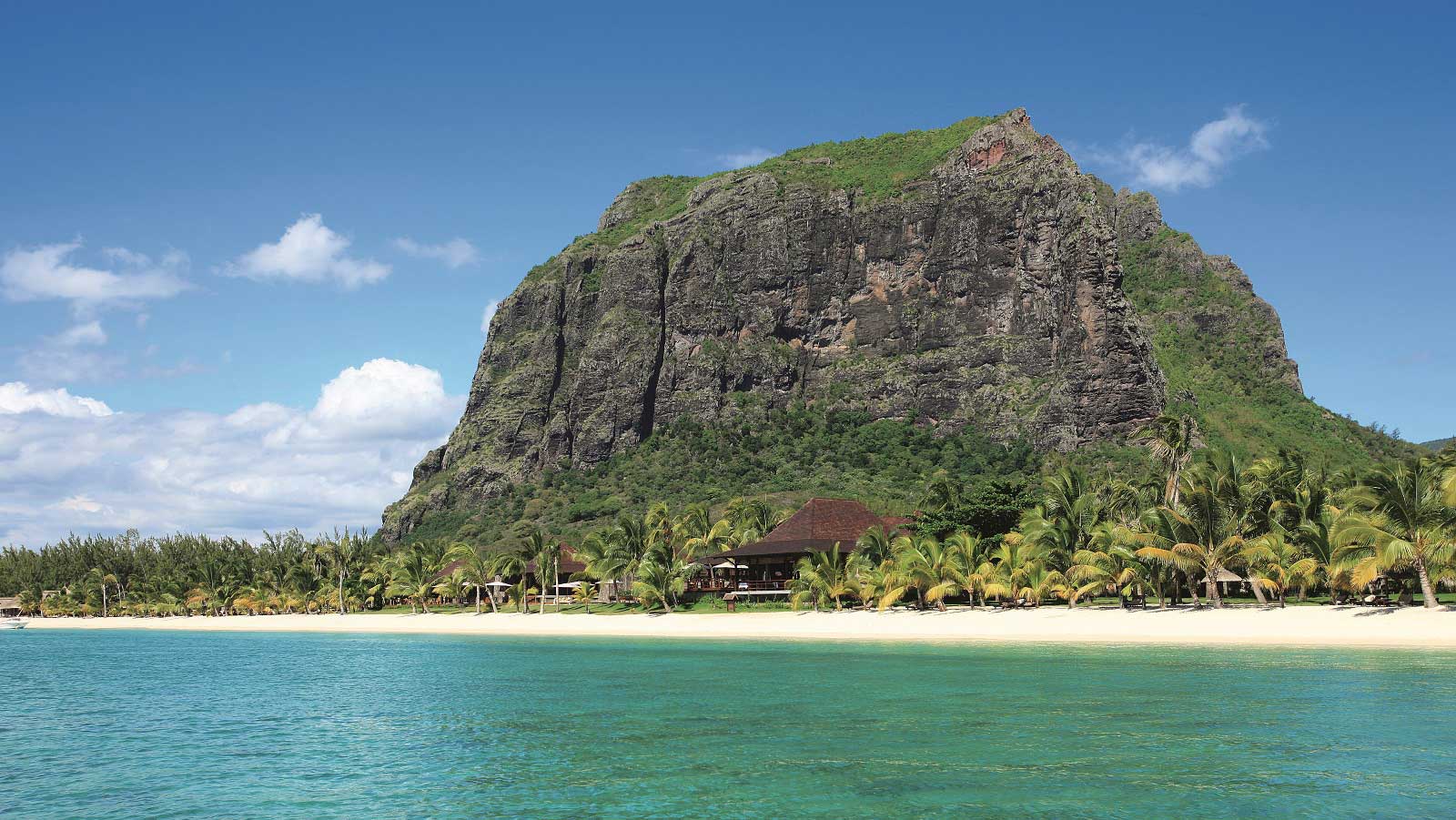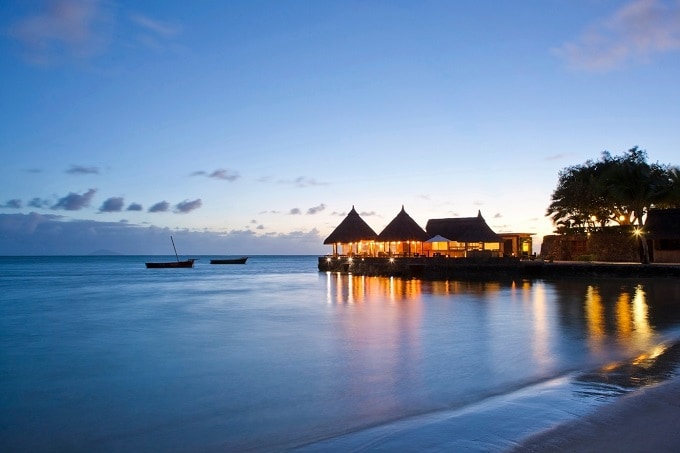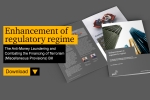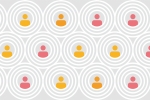Hotels Outlook 2017-2021
30 June, 2017
Africa’s hospitality sector withstands economic headwinds
Local hotel groups need to challenge themselves to provide a different experience to meet higher expectations

Image courtesy of LUX* Hotels and Resorts
PwC released the 7th edition of its Hotels Outlook: 2017-2021, featuring information about hotel accommodation in South Africa, Nigeria, Mauritius, Kenya and Tanzania. This year, PwC takes its African view a step further, looking into Ghana and Ethiopia as emerging hotel markets.
Overall room revenue in South Africa, Nigeria, Mauritius, Kenya and Tanzania rose 12.2% in 2016, the biggest increase since 2013. Mauritius and South Africa had the largest gains at 15.3% and 12.2%, respectively, each benefiting from double-digit growth in foreign tourism.
Looking back: Mauritius 2016

Image courtesy of Veranda Resorts
“Europe remains our top customer, accounting for 58% of all arrivals in 2016”
Olivier Rey, PwC Mauritius Hospitality Industry Group Leader, says: “2016 was a good year for the Mauritian hospitality industry with tourist arrivals on the rise, leading to higher occupancy levels and better room rates in hotels. The three and four stars segments have been the main beneficiaries of this growth whilst the five stars hotels have returned to growth through their average daily rates”.
Forecasts for the Mauritius market as a whole underestimated the actual growth in each category except five-star hotels. Guest nights were slightly higher than expected, occupancy rates increased more than projections, and total room revenue growth of 15.3% was above PwC’s 12.7% projection- by far the largest gain in recent years.
In 2016, the number of tourists to Mauritius increased by 10.8%. The hotel market has benefitted from an increase in direct flights and government investments in tourism. “Europe remains our top customer, accounting for 58% of all arrivals in 2016,” adds Olivier Rey.
Guest nights rose 9.0% in 2016, helped by the growth in foreign tourism. With tourism growth slowing, PwC expects growth in guest nights to slow down as well, increasing at a 1.8% compound annual rate through 2021. After falling between 2012 and 2015, the average daily room rate increased 5.6% in 2016 on the wave of rising demand which also drove, reflecting a jump in the occupancy rate to 75%.
With mid-single-digit growth in the ADR, combined with modest increases in guest nights, PwC projects room revenue in Mauritius to increase at a 6.2% compound annual rate, from €634 million in 2016 to a projected €857 million in 2021. The impact of Brexit and volatility of foreign exchange rates may impact future revenue growth in Mauritius.
Elsewhere on the African continent, a number of initiatives have taken place to promote tourism and positively impact the hotel market.
In the South African market, overall revenue from hotel room accommodation rose 12.2% to €1.1 billion. International visitor numbers to South Africa rebounded significantly with a 12.8% increase, compared to the 6.8% decrease in 2015. This was mainly due to the relaxation of visa requirements that contributed to the growth in foreign tourism.
The hotel market in Nigeria rebounded in 2016 with a 5.2% increase in total revenue. The tourist market in Kenya rebounded in 2016 following four years of decline. Government has introduced a number of initiatives to boost tourism. Hotel room revenue is projected to grow at 6.2% compounded annually to 2021.
Over the last year, tourism increased in Tanzania despite the imposition of an 18% VAT on tourism services. Many destinations have invested in improving and promoting the quality of their tourism offering and are reaping the benefits. In addition, we are seeing the impact of technological disruption play a part over the past year in certain countries.
Outlook: Mauritius 2017-2021
Mauritius is projected to be the slowest-growing of the five countries with a 6.2% compound annual increase in room revenue. Ongoing growth in tourism and rising room rates stemming from high occupancy rates, in large part due to the 18-month moratorium on new hotel projects, will drive the market in the coming years.
Double-digit growth in tourist arrivals is not expected to be maintained, with growth to drop to mid-single-digit increases beginning in 2018 and to average 5.0% growth compounded annually to €1.6 million in 2021 from €1.3 million in 2016.
The average occupancy rate will rise from 75.3% in 2016 to 79.8% in 2021, while guest nights for the forecast period as a whole will rise from €3.75 million in 2016 to €4.1 million in 2021, a 1.8% compound annual increase.
Olivier Rey says: “The stagnant number of hotel rooms available following the moratorium on the construction of new hotels, coupled with the emergence of "peer to peer" digital platforms has led to impressive growth in the number of non-hotel rooms. With the number of available hotel rooms not set to change in the short term, this trend is likely to continue. Hotel groups will need to challenge themselves to provide a different experience that meets higher expectations".














